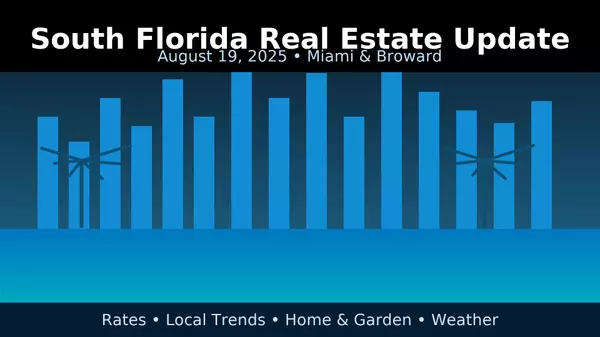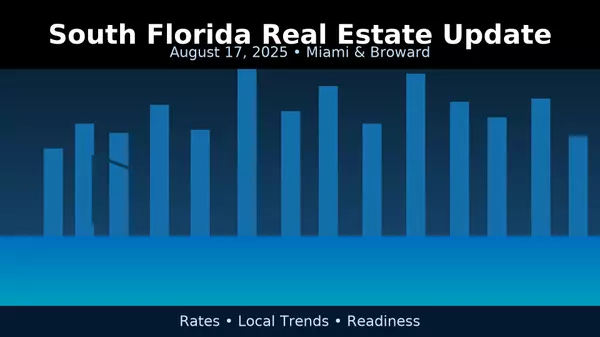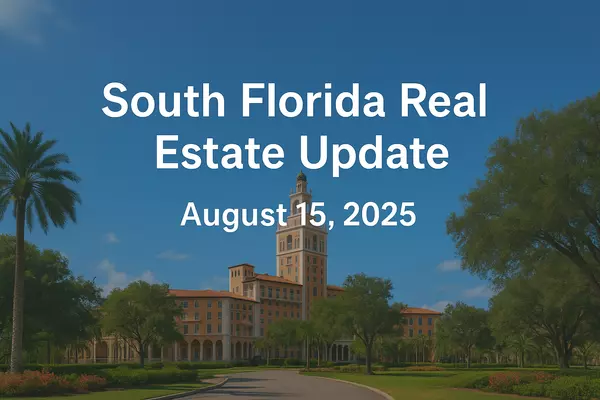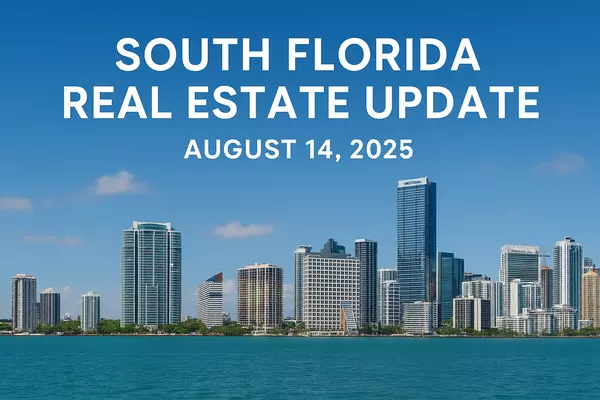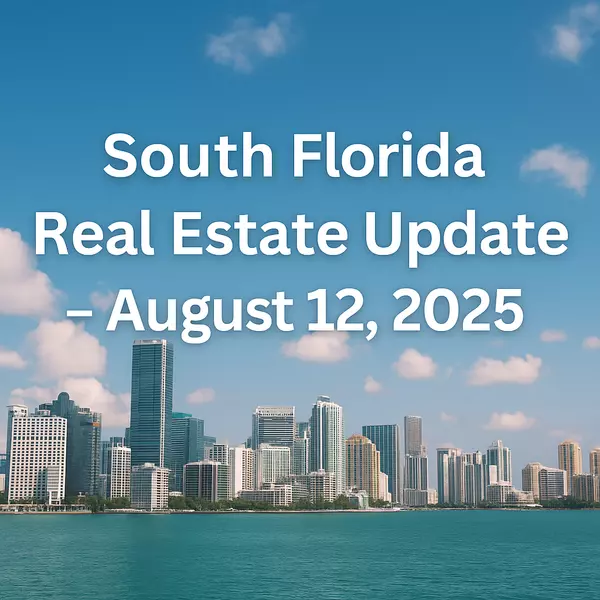"Your Guide to Evaluating Rental Properties in Miami: A Must-Read for Prospective Landlords"

Evaluating a potential rental property is a critical step for any aspiring landlord. Whether you're eyeing the long-term rental market or the bustling Airbnb scene in Miami, this comprehensive guide will provide you with the insights, statistics, and strategies needed to make a sound investment decision.
**1. Understand the Market**
Start by evaluatingMiami's rental market. Research is key; know the average rental rates, vacancy rates, and tenant demand in the area. In Q3 2023, the median monthly rent in Miami was $2,500, showcasing a healthy rental market.
**2. Location, Location, Location**
Miami, renowned for its vibrant nightlife, sandy beaches, and cultural diversity, is a prime spot for rentals. However, location within the city is paramount. Neighborhoods like Brickell, Downtown Miami, and South Beach attract short-term renters due to their proximity to tourist attractions, while suburban areas like Kendall and Coral Gables appeal to long-term tenants.
**3. Evaluate Property Condition**
When inspecting a potential rental property, pay close attention to the condition. Consider the age of the property, its state of repair, and any potential maintenance issues.
**4. Financial Analysis**
Next, crunch the numbers. Evaluate the property's potential for cash flow, considering factors like purchase price, potential rental income, operating expenses, and mortgage payments.
**5. Airbnb vs. Long-Term Rental**
Airbnb-style rentals can provide higher income due to higher nightly rates. However, they may also require more hands-on management and bear vacancy risks during off-peak seasons. On the flip side, long-term rentals provide stable, consistent income but may offer lower monthly rates.
**6. Legal Considerations**
Familiarize yourself with local rental laws, HOA rules, and short-term rental regulations. Miami has specific ordinances for short-term rentals that landlords must comply with.
**7. Professional Property Management**
Consider the benefits of professional property management. A property manager can handle tenant placement, rent collection, maintenance, and more, easing the burden on landlords.
**8. Exit Strategy**
Finally, keep an eye on your exit strategy. Buying a property that will also appeal to future homebuyers increases your chances of reselling the property at a profit if you choose to exit the rental business.
**Conclusion**
Evaluating a rental property in Miami requires careful consideration of various factors. From understanding the market dynamics to assessing financial viability, every step is crucial in your journey as a successful landlord. By following this comprehensive guide, you're well on your way to making an informed and profitable decision.
As an experienced realtor in Miami, I'm here to guide you through the process of evaluating and purchasing your rental property. Contact me today to start your journey to becoming a successful Miami landlord.
If you are interested in browsing for properties in Miami you can see them all here now https://www.williamgartinrealestate.com/miami
Categories
Recent Posts




